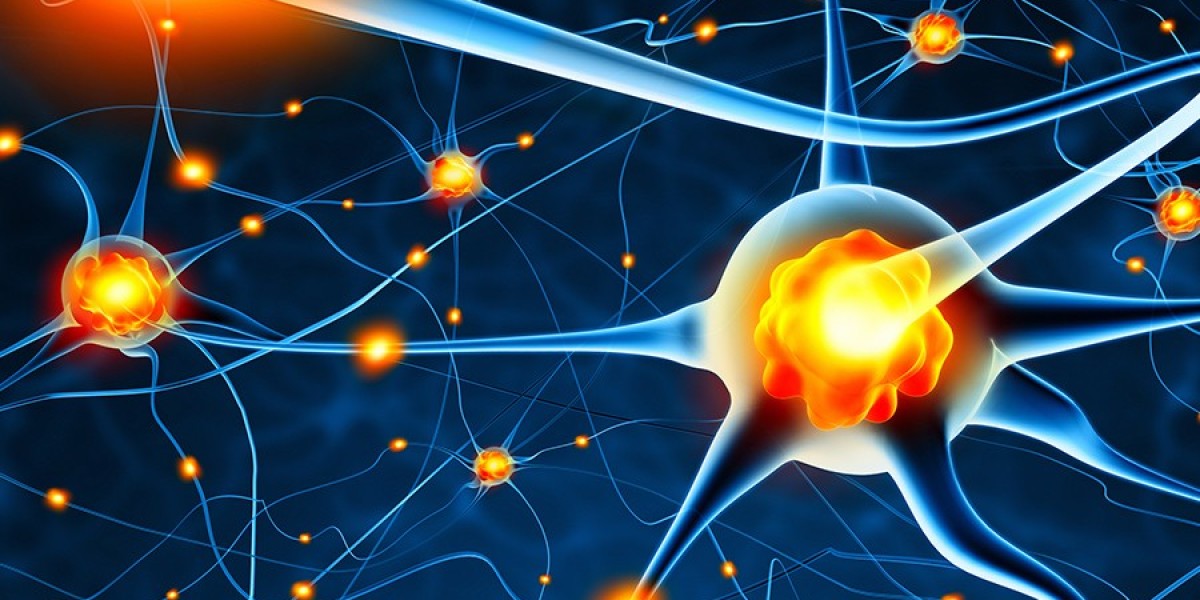Nerve pain, also known as neuropathic pain, is a complex and often debilitating condition that arises from damage or dysfunction of the nervous system. Unlike typical pain, nerve pain can be persistent, sharp, and difficult to treat. In this exploration, we delve into the intricacies of nerve pain, exploring its causes, symptoms, and various approaches to management.
Understanding Nerve Pain:
Nerve pain can manifest in various ways, ranging from tingling and burning sensations to sharp, shooting pains. It stems from abnormalities in the nervous system, where nerves send incorrect signals to the brain, creating a heightened sense of pain. Common conditions associated with nerve pain include diabetic neuropathy, sciatica, and post herpetic neuralgia.
Causes of Nerve Pain:
Several factors contribute to the development of nerve pain. Diabetes is a leading cause, as prolonged high blood sugar levels can damage nerves. Injuries, infections, and certain medications, especially those used in chemotherapy, can also trigger neuropathic pain. Additionally, conditions like multiple sclerosis and shingles are known to be associated with nerve pain. Understanding the underlying cause is crucial for effective management.
Symptoms and Impact:
Nerve pain often presents with a range of symptoms, including sharp or stabbing sensations, electric shocks, and heightened sensitivity to touch. Beyond the physical discomfort, nerve pain can significantly impact one's quality of life, leading to sleep disturbances, anxiety, and depression. The constant presence of pain can limit daily activities and affect overall well-being.
Diagnostic Approaches:
Diagnosing nerve pain requires a thorough examination of symptoms, medical history, and sometimes, specialized tests. Imaging studies, nerve conduction tests, and electromyography may be employed to identify the source and extent of nerve damage. Accurate diagnosis is crucial for tailoring an effective treatment plan.
Treatment Modalities:
Management of nerve pain often involves a combination of medications, physical therapy, and lifestyle adjustments. Antidepressants and anticonvulsants are commonly prescribed to modulate nerve signals and alleviate pain. Medicine like pregabalin 75 mg can help in nerve pain.
Physical therapy can help improve muscle strength and reduce pressure on affected nerves. Lifestyle modifications, including maintaining a healthy weight and managing underlying conditions like diabetes, play a vital role in long-term pain management.
Innovative Approaches:
Ongoing research in pain management has led to innovative approaches for treating nerve pain. Neuromodulator techniques, such as spinal cord stimulation, and emerging medications are showing promise in providing relief for individuals with chronic neuropathic pain. These advancements offer hope for those who have struggled with conventional treatments.
Holistic Care:
A holistic approach to managing nerve pain acknowledges the interconnectedness of physical, emotional, and lifestyle factors. Integrative therapies, including acupuncture, mindfulness practices, and yoga, may complement conventional treatments and contribute to overall well-being. Emotional support and mental health care are integral components of a comprehensive approach to nerve pain management.
Challenges and Coping Strategies:
Living with nerve pain poses numerous challenges, but individuals can develop effective coping strategies. Support groups, counseling, and mindfulness techniques can help individuals navigate the emotional and psychological impact of chronic pain. Adapting daily activities, practicing stress reduction, and maintaining a positive mindset are crucial for resilience.
Conclusion:
Navigating nerve pain requires a multifaceted approach that addresses its physical, emotional, and lifestyle dimensions. As research continues to unveil new insights and treatments, a comprehensive understanding of nerve pain empowers individuals and healthcare professionals to tailor effective strategies for improved quality of life.








